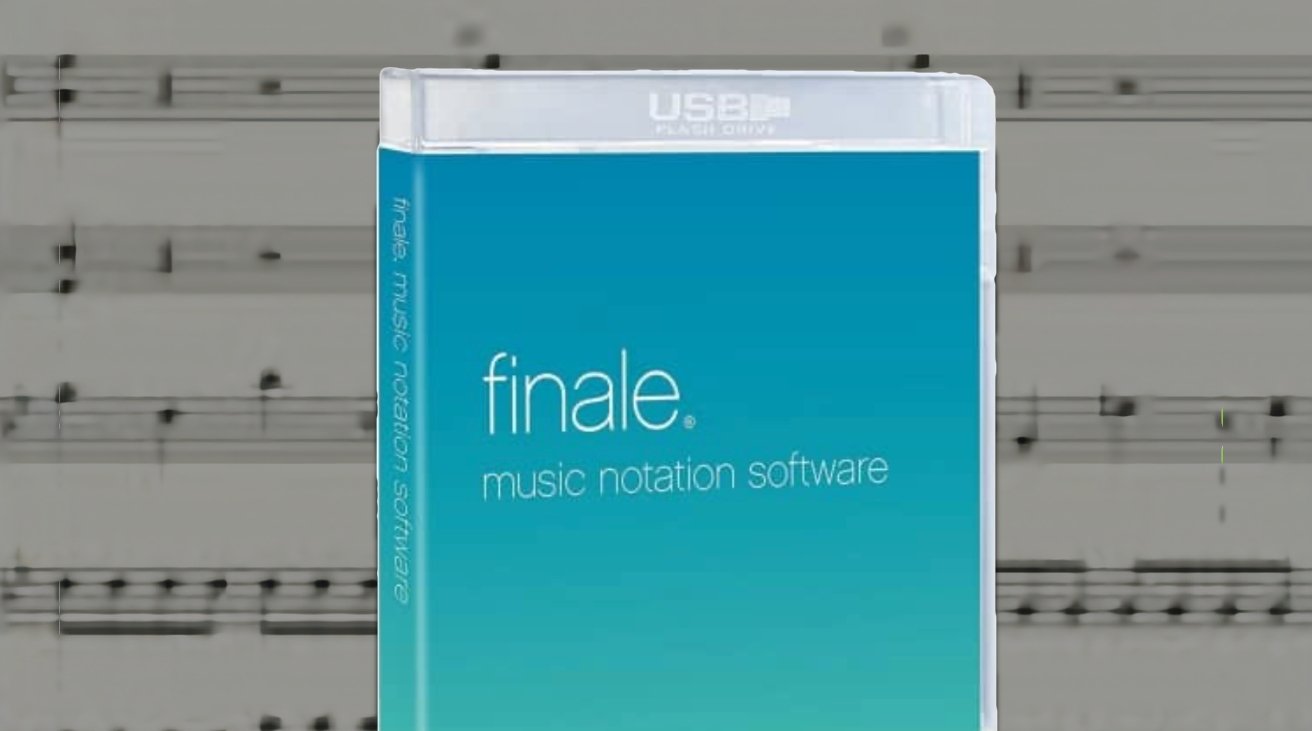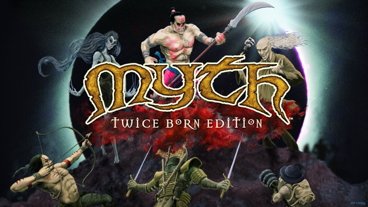Mac and Windows notation app Finale has been used by musicians since Macs had nine-inch black and white screens, but now its developer is shutting it down and directing users to alternatives.
No app for writing music scores and notation would ever have become exactly mainstream. But Finale's passionate users have been talking about the app on the AppleInsider forums since at least 2002.
"Today, Finale is no longer the future of the notation industry — a reality after 35 years, and I want to be candid about this," writes Greg Dell'Era, president of the MakeMusic development company. "Instead of releasing new versions of Finale that would offer only marginal value to our users, we've made the decision to end its development."
"While Finale development has come to an end, we know your musical journey has not," continued Dell'Era. "I want to sincerely express our warm and deep gratitude to all of our loyal and passionate users."
That development of Finale began in the 1980s, and the first version came out in 1988. It required a Mac Plus, Macintosh SE, or Macintosh II, and preferred those Macs to have 1.5MB of RAM.
To put this in historical context, Finale soon gained a competitor whose name is better known today — but whose original function is forgotten. Apple's current digital audio workstation app Logic Pro began as the third-party Notator Logic in 1990, and was a rival scoring app.
Dell'Era says that over four decades since then, the constant development of the app has resulted in millions of lines of code. Making more than incremental improvements has become exponentially harder.
As of now, then, neither Finale nor its related PrintMusic app can be bought. Existing users can continue using the app, and until August 25, 2025, will also be able to re-download it.
After that date, the software will not be downloadable even for existing users, nor will there be any support. It will not be possible to authorize Finale after installing it on a new computer.
MakeMusic and Dell'Era are recommending that users migrate to Finale's major rival, Dorico Pro. Normally Dorico Pro 5 retails for $579, but users of any version of Finale or PrintMusic can buy it for $149.
 William Gallagher
William Gallagher







-m.jpg)






 Malcolm Owen
Malcolm Owen


 Wesley Hilliard
Wesley Hilliard



 Christine McKee
Christine McKee




-m.jpg)




13 Comments
They should open-source it instead.
As a long-time Finale user since the early 90's with version 3.2, this is not at all surprising but very very disappointing and sad. It's been clear for at least a year that development had stagnated, no bugs were being fixed, tech support was being noncommittal, and much of the interface remains mired in the 90's.
I've looked at Dorico. It's not trivial to learn, especially when one has to unlearn how things are done in Finale. Also, having decades of Finale files, they can't easily be converted to MusicXML and imported into any other notation program flawlessly; it's good, but not foolproof. The free MuseScore is very much underpowered for many of us who use Finale or Dorico. So I'm in a conundrum; I have a recent MBA that should be able to keep running Finale (assuming no forthcoming macOS incompatibilities) for many years, and that is likely how I will continue to function. But it's pretty shabby for the company that owns Finale (MakeMusic) to leave us long-time and recent users alike in the lurch, with a sudden announcement and only a year before the app is no longer able to be authorized if a user has to transfer to a new computer. Surprised it is not being sold to another company to develop, or at least open-sourced. If the company merely unlocked it as of August, 2025, then if still compatible with macOS releases in the future, one could reasonably use Finale for many years, buggy or not, on a new Mac or Windows machine. That is somewhat irresponsible, at least in my mind.
When Microsoft discontinued Money in 2009 they released a Sunset edition that did not require registration. I'm still running it years later although, thankfully, I no longer have to keep a Windows machine around since Parallels does a great job running Windows 11 on my Mac. I'm surprised that the developer of Finale hasn't considered a sunset version. He wouldn't even have to host the download, there are a number of third-party download sites such as cnet.com.